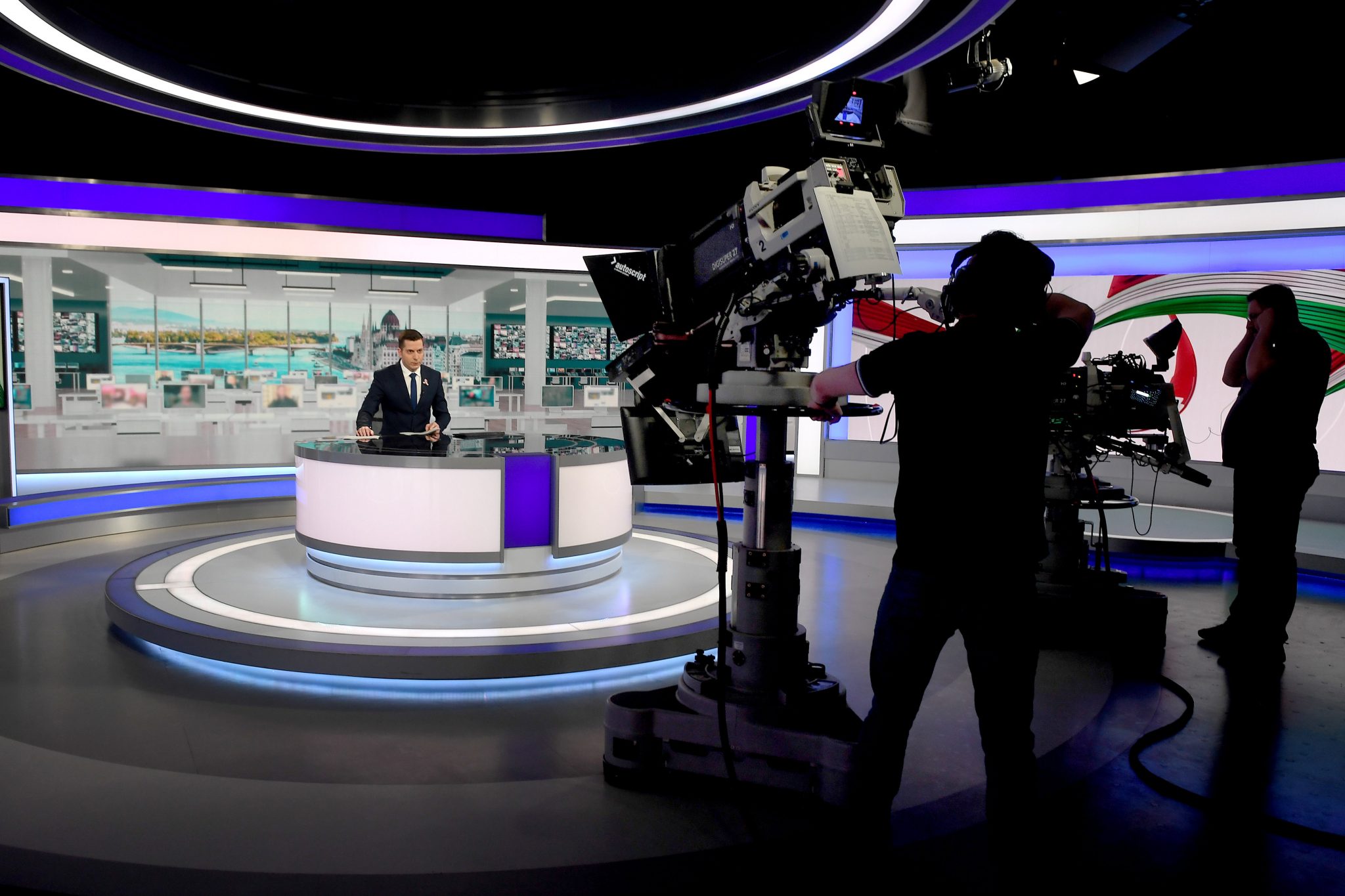
The recordings were made in the 2019 European Parliament election campaign.Continue reading

The European Union wants to take up the fight against fake news by setting up a joint news agency in Brussels, which would involve 16 national news agencies. The EU believes that fake news and disinformation increasingly threaten democracy and fundamental rights, especially in the Western Balkans. According to press reports, Hungarian state newswire MTI has not been asked to join the initiative.
This article was originally published on our sister-site, Ungarn Heute.
1.8 million will be spent on a European Union news agency that aims to provide a more accurate picture of the EU to the public in the region. The coalition is led by Germany’s DPA, with partners including France’s AFP, Romania’s Agerpres, Italy’s ANSA, Austria’s APA, and Bosnian, Croatian, northern Macedonian, Slovenian, Serbian, and Slovakian agencies. Hungary’s MTI, however, is not mentioned among them.
Although preparations will begin in the coming weeks, work will not start until the middle of next year. According to the initiative’s commissioner, there is little independent information about European integration in many places, partly for financial and partly for political reasons. This threatens the diversity and independence of the press. The danger is illustrated by the epidemic of totally biased mass media.
The joint news agency was first reported by Austria’s Die Presse, in which an editorial welcomed the idea of a joint newsroom but fears that Brussels is trying to “patronize” Eastern Europe by setting it up. “While it is true that serious, reliable reporting offers a greater chance of objectivity, the EU has no right to treat the press in these countries as immature…,” reads the letter published on the portal. The author of the article also points out that EU media policy can only be credible if it not only targets quality journalism in the East but also ensures a distance from politics, a level playing field, and adequate media funding everywhere. But the gap between the two halves of the continent will never disappear if the West pretends to hold the key to objectivity.
The main television channels of the public service media (MTVA) were completely restructured as recently as 2015. The holding company consists of several channels: M1 was transformed into a 24-hour news channel where almost exclusively pro-government news is broadcast. Also, the Hungarian state media is very critical of “Brussels,” while Russia and China are given different treatment. MTVA also owns Hungary’s only news agency, MTI. This often conceals such events that are newsworthy but do not benefit the ruling parties (such as the opposition primaries, where only the results were published), and there are almost no photos of opposition events, and most of the daily photos have shown only vaccinations for months. It is also common that news related to the opposition or that is also unpleasant for the government is published only after the government has already reacted to the event.
This year, public media received about HUF 120 billion (about 329 million euros) for their operations.
Featured image via Pixabay